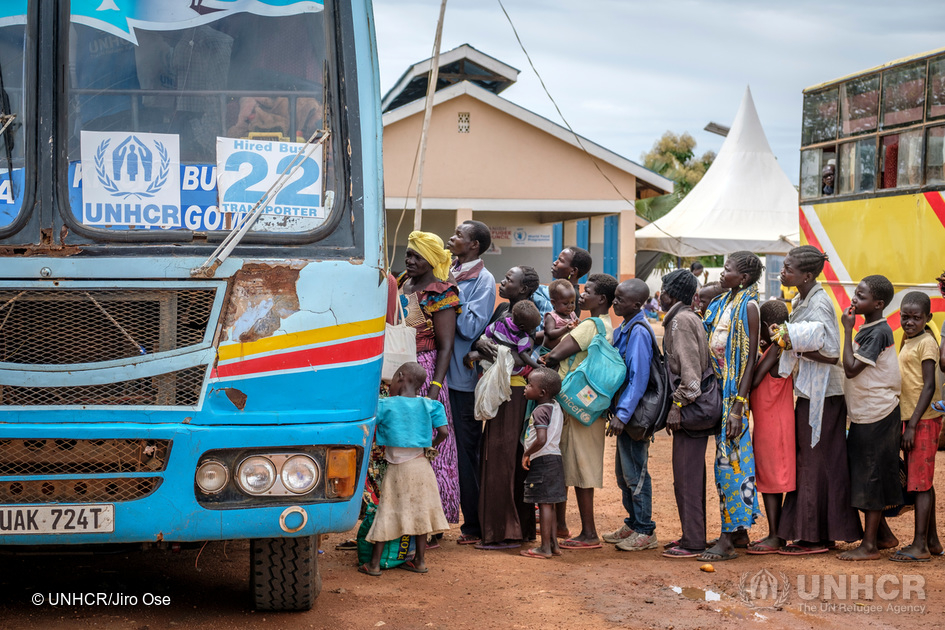
Practical information
The arrivals of refugees from East Africa in Europe have continued to increase since 2015. However, this situation should not gloss over the fact that migration is mainly a regional phenomenon: East Africa, alongside Middle East, hosts currently more refugees than any other regions in the world.

By looking beyond the usual Eurocentric perspective on the phenomenon, this conference seeks to analyze the responses that have been brought forward by states of the region and international organizations on the ground, and to gain a better understanding of the diversity and complexity of regional migration dynamics, especially with the Sudanese case.
Speakers:
Azza A. Abdel Aziz Yacoub, researcher at the Centre for Economic, Judicial, and Social Study and Documentation (CEDEJ) of Khartoum
Jeffrey Labovitz, East Africa Regional Representative of the International Organization for Migration (IOM)
Moderation:
Clélie Nallet, Research Fellow at the African Studies Centre, IFRI
Matthieu Tardis, Research Fellow at the Centre for Migration and Citizenship, IFRI
The conference will take place in English.
Other events

EV Supply Chains for Japan and Europe: Strengthening Economic Security
Economic security aims to ensure the resilience of supply chains for key industries: the case of electric vehicle production in Japan and Europe will be discussed.

From Ambition to Action: Exploring Technological Partnerships with India
The 16th EU-India Summit, held on January 27th in New Delhi with European leaders António Costa, Ursula von der Leyen, and Prime Minister Narendra Modi, marks a significant milestone in deepening EU-India relations. At the same time, official bilateral visits from EU member states are on the rise, including that of the French President, who visited India in February to participate in the Artificial Intelligence Summit. As India asserts its technological ambitions and seeks to reduce its dependence on China, Europe is stepping up its efforts to diversify its strategic partnerships.






